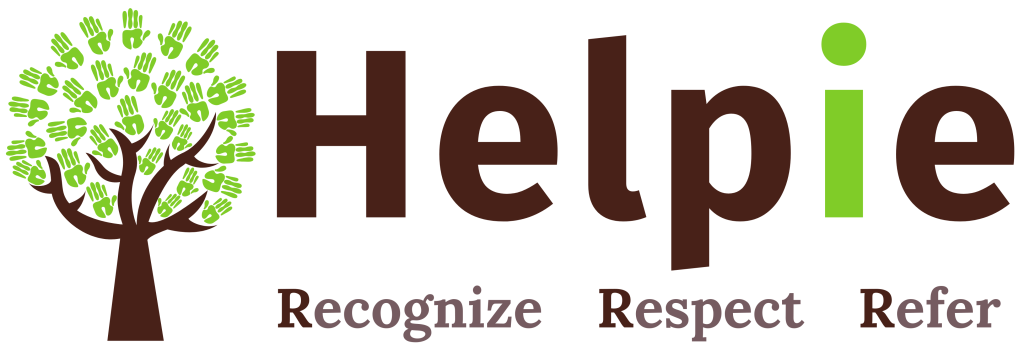The task of becoming a competent Helpie Responder for a mental health crisis line is both demanding and highly sensitive. Similar to the Good Clinical Practices in clinical research, here is a structured and scientifically grounded approach to ensure effectiveness and empathy – Good Helpie practices:
Understanding and Training in Mental Health
Comprehensive training in mental health, including understanding various mental health disorders, symptoms, and crisis situations, is vital. This includes training in recognizing signs of suicidal ideation, a key area of focus for Augmenta.
Empathetic Communication
Building a rapport with callers by showing empathy, compassion, and understanding. Active listening and responding without judgment can facilitate trust.
Risk Assessment and Management
Develop skills to assess the immediate risk, including any harm to self or others. Understanding when to escalate a call to more specialized help or emergency services is crucial.
Confidentiality and Privacy Compliance
Adhering to laws and ethical guidelines related to confidentiality and privacy is paramount. Any information shared by the caller must be treated with the utmost discretion.
Cultural Competence
Recognizing and respecting the diverse cultural backgrounds of callers. This includes understanding different belief systems, social norms, and values.
Application of Evidence-Based Interventions
Utilizing interventions and therapeutic techniques that are grounded in scientific research and proven effective for crisis intervention.
Ongoing Training and Supervision
Continuous professional development and regular supervision to refine skills, stay up-to-date with the latest research, and prevent burnout.
Self-Care and Resilience
Implementing strategies for self-care to prevent compassion fatigue and burnout. Understanding one’s emotional limits and seeking support when needed is essential.
Documentation and Record Keeping
Accurate and detailed documentation of each call for quality control, legal compliance, and further support.
Technological Competence
Adequate training to utilize the technology involved in the service, including computer systems and telecommunication devices.
Collaboration and Coordination with Other Services
Understanding the broader mental health support system and how to refer or coordinate care with other healthcare providers if needed.
Compliance with Helpline SOP
Adhering to the specific guidelines, procedures, and protocols set forth by the Helpie Mental Health Crisis Line SOP.
Research and Evaluation
Participation in ongoing research and evaluation to assess the effectiveness of the interventions and contribute to the broader field of mental health.
